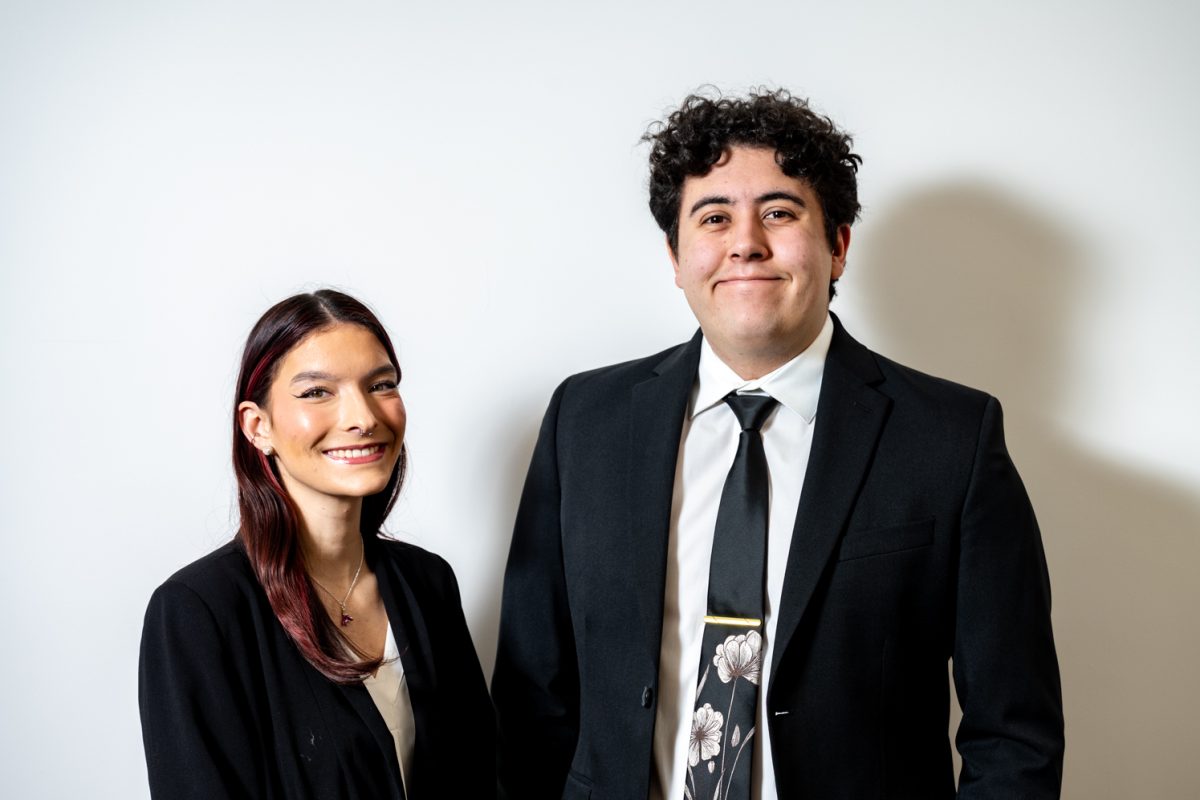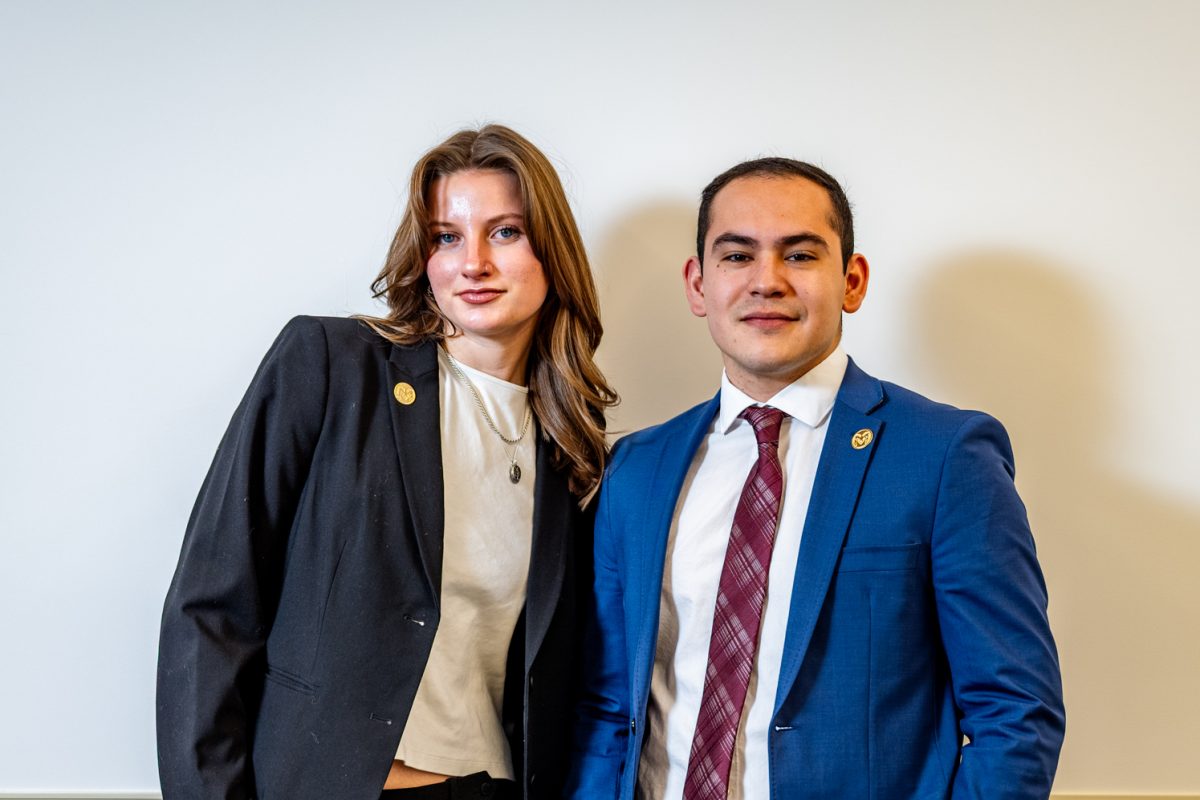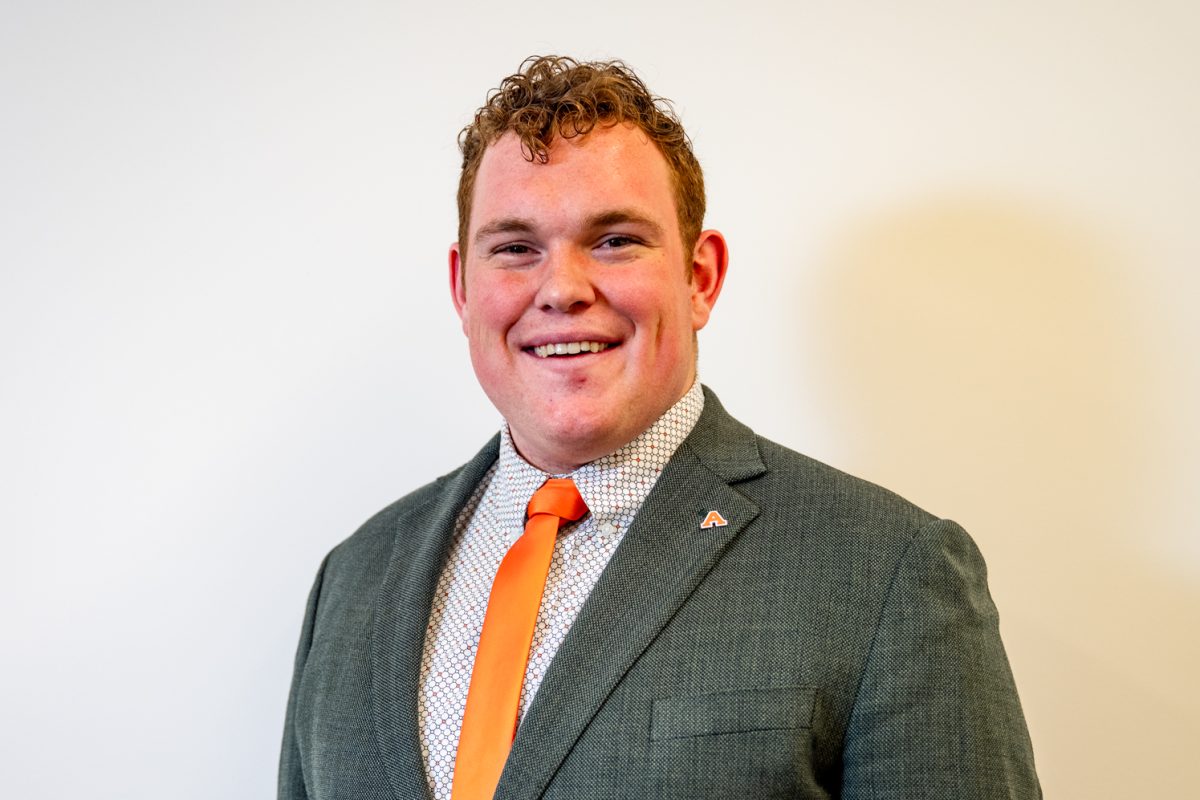With midterms nearly over and finals swiftly approaching, some Colorado State University students may be adding the fear of academic probation to their growing list of concerns.
CSU policy states that when students’ cumulative GPAs fall below 2.0, they are put on academic probation.
Once they are placed on academic probation, students have two semesters to raise their cumulative GPA to above 2.0. If they fail to raise their academic standing, they face academic dismissal.
“I would say our largest percentage of students fall on probation during the fall semester,” said Rebecca Villalpando, the director of Outreach & Support for the Center for Advising & Student Achievement. “I believe that is a result of new incoming freshman or even new incoming students.”
According to Villalpando, the percentage of new freshman on academic probation at the end of their first fall term at CSU has been declining since 2007, when it had reached 19.5 percent, and is now at about 13 percent. In fall 2013, approximately 1,044 students were placed on academic probation, 4.69 percent of the total enrollment for for the semester.
Villalpando said undeclared students are at greater risk of being placed on probation.
CSU junior and business major Jordan Walser was placed on academic probation after his first semester freshman year.
“Long story short: I just didn’t take college serious enough,” Walser said. “I treated it more like a social experience.”
Senior CSU environmental health student Matt Little plans on graduating in December, but first he needs to get off of academic probation.
Little is in his second semester of academic probation, and with help from the Project Success program, he is anticipating graduation day.
“It’s a hard thing for people to say, ‘I’m struggling and I’m facing this situation,’” Villalpando said. “But we have folks on campus that are here to work specifically with our probation population to try to help find resources, get them connected and get them back on track.”
When Walser was on academic probation, he was not aware of the various resources available to struggling students.
“The way I got off of it was me just thinking, ‘This is it. If I don’t (get off academic probation), what am I going to do with my life?’” Walser said. “It was a blessing in disguise because it really taught me how to be a good student.”
Walser got a 3.0 the second semester he was on probation, raising his cumulative GPA to above 2.0 and placing him in good academic standing.
“It was the ultimate boulder off of my shoulders when I saw my grades,” Walser recalled.
Little is also doing better than he has in the past.
“I got an A on a test for the first time in almost two years,” Little said. “That was a good feeling.”
Little said it is important for students, regardless of their academic standing, to understand that people want you to succeed.
“There are people out there who want to help you, who are willing to help you and care about you, even if you feel like there isn’t,” Little said. “Don’t be afraid to reach out and ask for help.”
CASA provides students with collegiate success coaches, who help students navigate through personal and academic challenges.
“You don’t have to be in academic difficulty,” Villalpando said. The services provided by The Institute for Learning and Teaching and CASA are available to all students.
Only a year from graduating, Walser now treats his schoolwork like his job.
“It’s just not worth it if you don’t take it seriously,” Walser said.
Collegian Reporter Erick Plattner can be reached at news@collegian.com or on Twitter @ErickPlattner.




